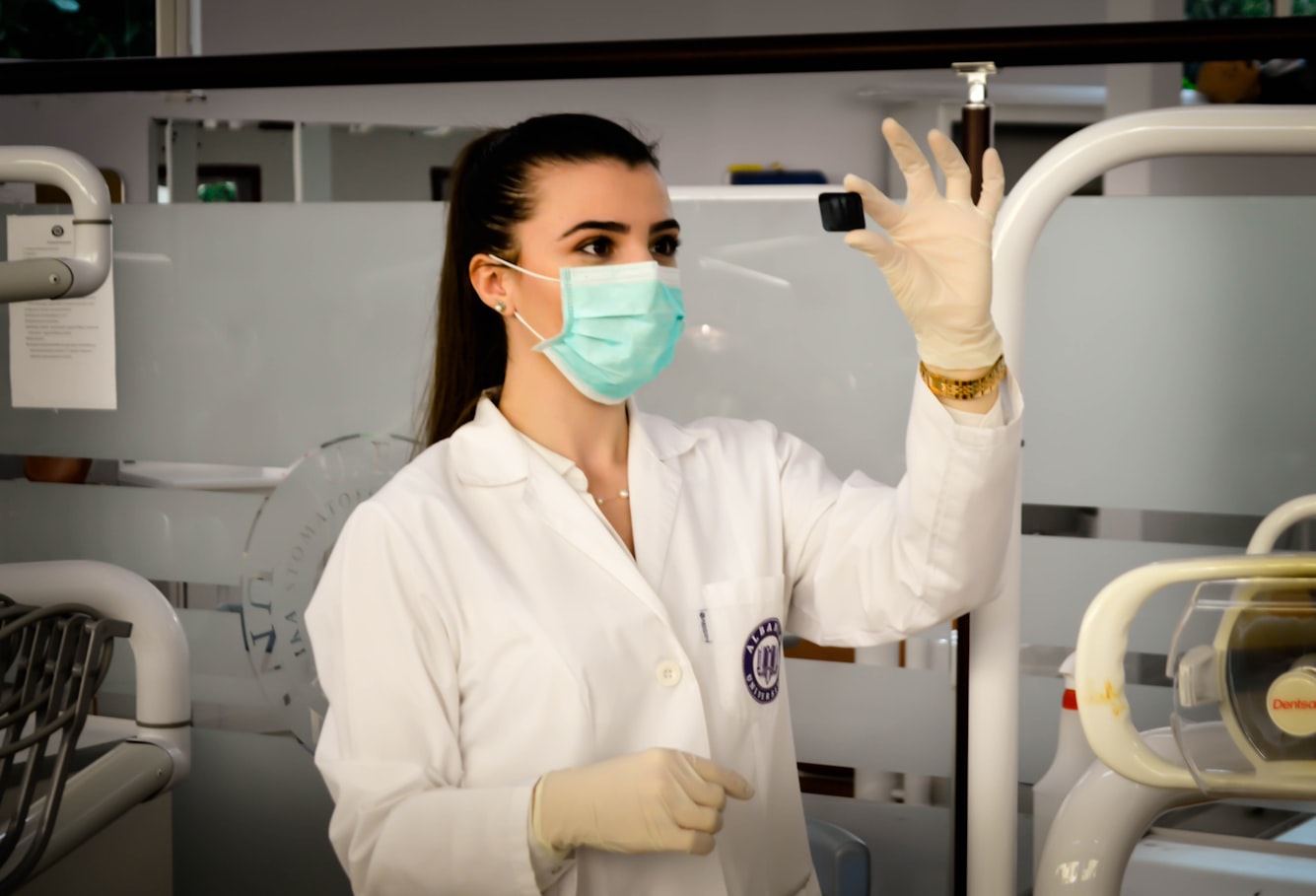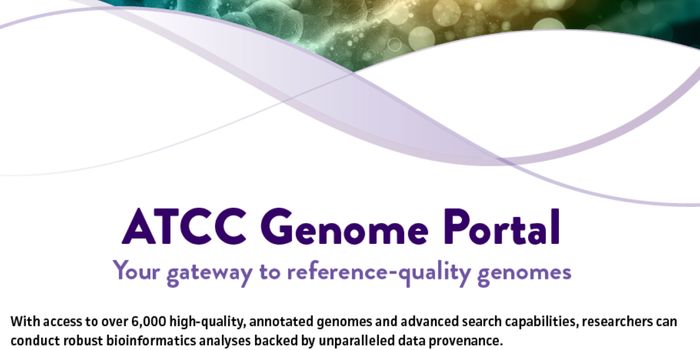Remote Controlled Drug Delivery?
According to the CDC, chronic diseases although the most common are preventable of all medical problems. Chronic diseases ranging from arthritis to heart disease and diabetes leave its patients with the inconveniences of the daily regimen of pills and scheduled medication dosage. Now, researchers from Houston Methodist have aimed to solve this problem by implanting a battery-powered grape-sized implant that is remotely controlled and made with similar technology used in the silicon semiconductor industry.
Using a nanochannel delivery system (nDS) controlled via Bluetooth technology, two dosages of drug delivery were successfully demonstrated without the need for pumps, valves, or a power supply and researchers are now planning to test in space.
"We see this universal drug implant as part of the future of health care innovation. Some chronic disease drugs have the greatest benefit of delivery during overnight hours when it's inconvenient for patients to take oral medication. This device could vastly improve their disease management and prevent them from missing doses, simply with a medical professional overseeing their treatment remotely," said Alessandro Grattoni, Ph.D., corresponding author and chair of the department of nanomedicine at Houston Methodist Research Institute.
The proof-of-concept paper was published in Lab on a Chip and describes how the device is implanted under the skin and utilizes a nanofluidic membrane that can deliver drugs tailored to each patient with correct dosage and schedule. The implant, which contains a microchip that is Bluetooth enabled and relies on wireless communication, can deliver drugs up to a year before a refill is needed. The microchip essentially is programmed for different drug release settings -- standard, decreased and increased.
Researchers are hopeful that their study may someday be the building ground for advancing telemedicine and helping clinicians treat their patients better.
Source: Science Daily










